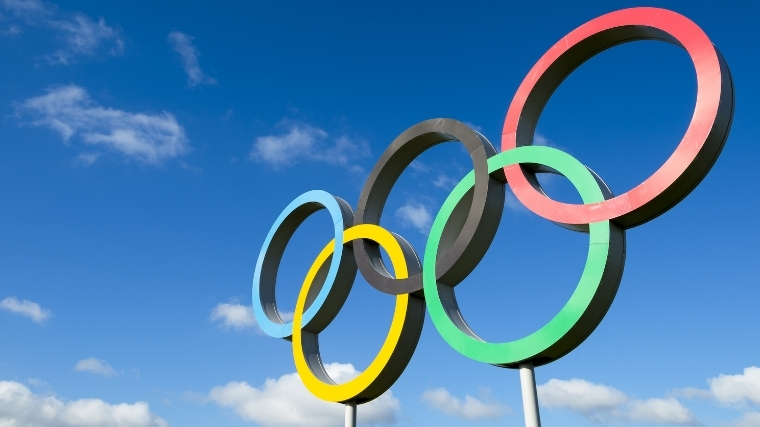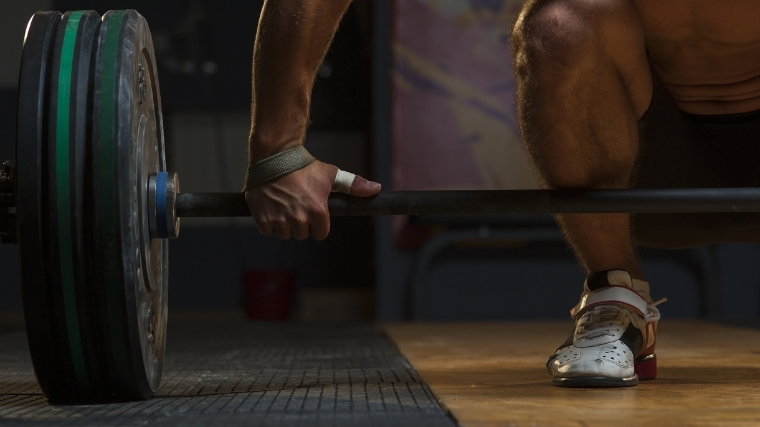On Monday, Nov. 16, 2020, the United States Senate unanimously passed the Rodchenkov Anti-Doping Act (RADA) — named after Grigory Rodchenkov, the whistleblower in Russia’s state-sponsored doping at the 2014 Sochi Olympic Games. The House passed the bill without objection on Oct. 22, 2020, and now it just needs the President’s signature to become law. Several organizations, including international sports governing and anti-doping bodies, have concerns about the legislation.
RADA specifically targets the network of individuals implicated in a doping scandal — such as coaches, agents, and scientists — that involves either an American athlete, broadcasters, or sponsors. Those charged under RADA could face up to 10 years in prison and fines from $250,000 (for individuals) up to $1,000,000 (other entities).
This new legislation also allows clean athletes to take civil action against individuals or entities involved in doping who they feel have defrauded them.
View this post on Instagram
[Related: 6 Russian Athletes Found In Violation Of IWF’s Anti-Doping Policy]
Response to the Rodchenkov Anti-Doping Act
Both the World Anti-Doping Agency (WADA) and the International Olympic Committee (IOC) have expressed concerns about the new bill. Mainly, they feel that the U.S. acting alone would compromise and undermine WADA’s efforts to construct one unified global rule-set around doping.
In a statement made regarding the bill on March 12, 2020, the IOC did express support for legislation that targets an athlete’s “entourage.” Because athletes are already punished with lengthy suspensions under the Anti-Doping Code, the IOC continued to say the other parties involved must be held accountable for their role in a scandal.

[Why it’s Harder to Fight Doping in Paralympic Sport (with Ali Jawad)]
However, the IOC does not like that the legislation only applies to those involved in international competitions, which essentially makes major U.S. sporting teams — both professional and college — exempt from the potential penalties. The new law only pertains to organizations that have signed WADA’s Anti-Doping Code, and most U.S. organizations aren’t signatories. That said, a U.S. athlete is not exempt from this new law if competing in an international competition (such as the Olympics or the World Baseball Classic).
WADA feels that the new bill sets a double standard for U.S. sports and may be seen as discriminatory to other countries. In a statement, they wrote: “If it is not good enough for American sports, why is it fine for the rest of the world?” They added that “No nation has ever before asserted criminal jurisdiction over doping offenses that occurred outside its national borders – and for good reason.”
An international competition subject to the U.S.’s jurisdiction under this bill could overlap with WADA’s jurisdiction, meaning that there potentially isn’t a uniform set of rules governing that competition, which could lead to confusion.
WADA is also concerned that whistleblowers, particularly those involved in a scandal who are willing to step forward, may be deterred in fear of facing prosecution.
Should Doping Be a Criminal Offense?
There’s also the question of whether doping should be considered a criminal offense. Under WADA, athletes who are caught using performance-enhancing drugs (PEDs) to cheat can be suspended for up to four years. WADA does not believe that doping in sport should result in criminal charges for athletes. The current sanctions, which included the right to appeal to the Court of Arbitration for Sport (CAS), have already been deemed acceptable worldwide. At the time this article was written, over 700 sports organizations from around the world have signed the WADA Anti-Doping Code.

[Related: IWF to Re-establish Anti-Doping Commission]
However, the U.S. is not the first country to impose criminal punishment on athletes for doping. In 2015, Reuters reported that Germany passed an anti-doping law which threatens athletes with up to three years of jail time, and doctors and other entourage members with a possible 10 years of jail time. Italy, Spain, and France have passed similar laws.
According to the article, the German Olympic Sports Confederation (DOSB) did express concern over the fact that an athlete caught doping will be punished twice — federally and under the sanctions of their federation. When this law passed, the then-President of WADA, Craig Reedie, expressed discomfort at the idea of criminally prosecuting athletes, stating that athletes should be sanctioned under the sport’s rules criminal law.
However, in their more recent statement, WADA does acknowledge that criminal legislation is useful for catching those who support athletes in obtaining PEDs.
To Reuters, the head of USADA, Travis Tygart, said, “It is a monumental day in the fight for the clean sport worldwide, and we look forward to seeing the Act soon become law and help change the game for clean athletes for good.”
Feature image from Sheila Jackson Lee’s Instagram page: @sheilajacksonlee